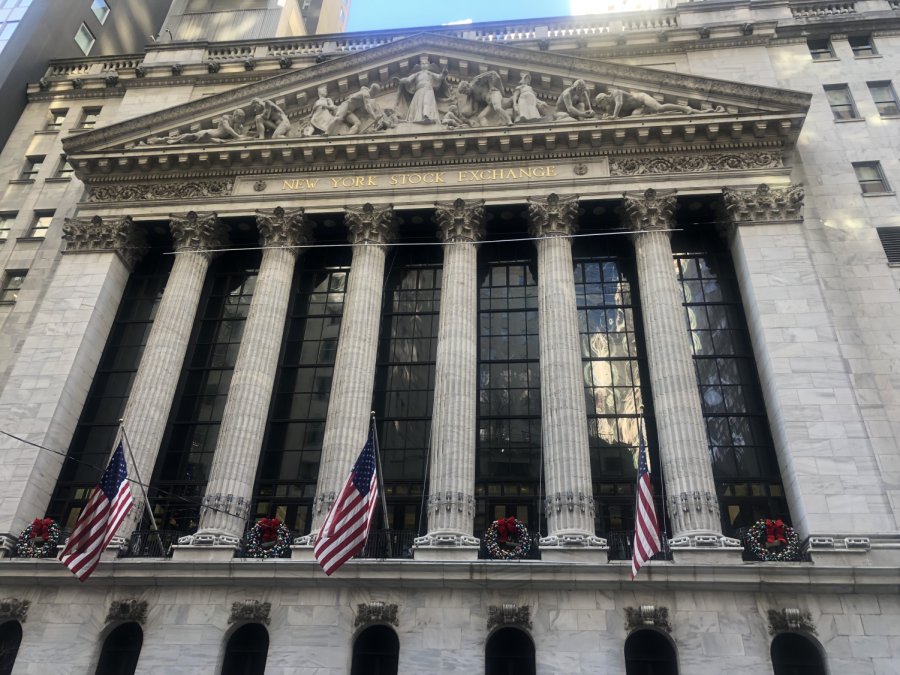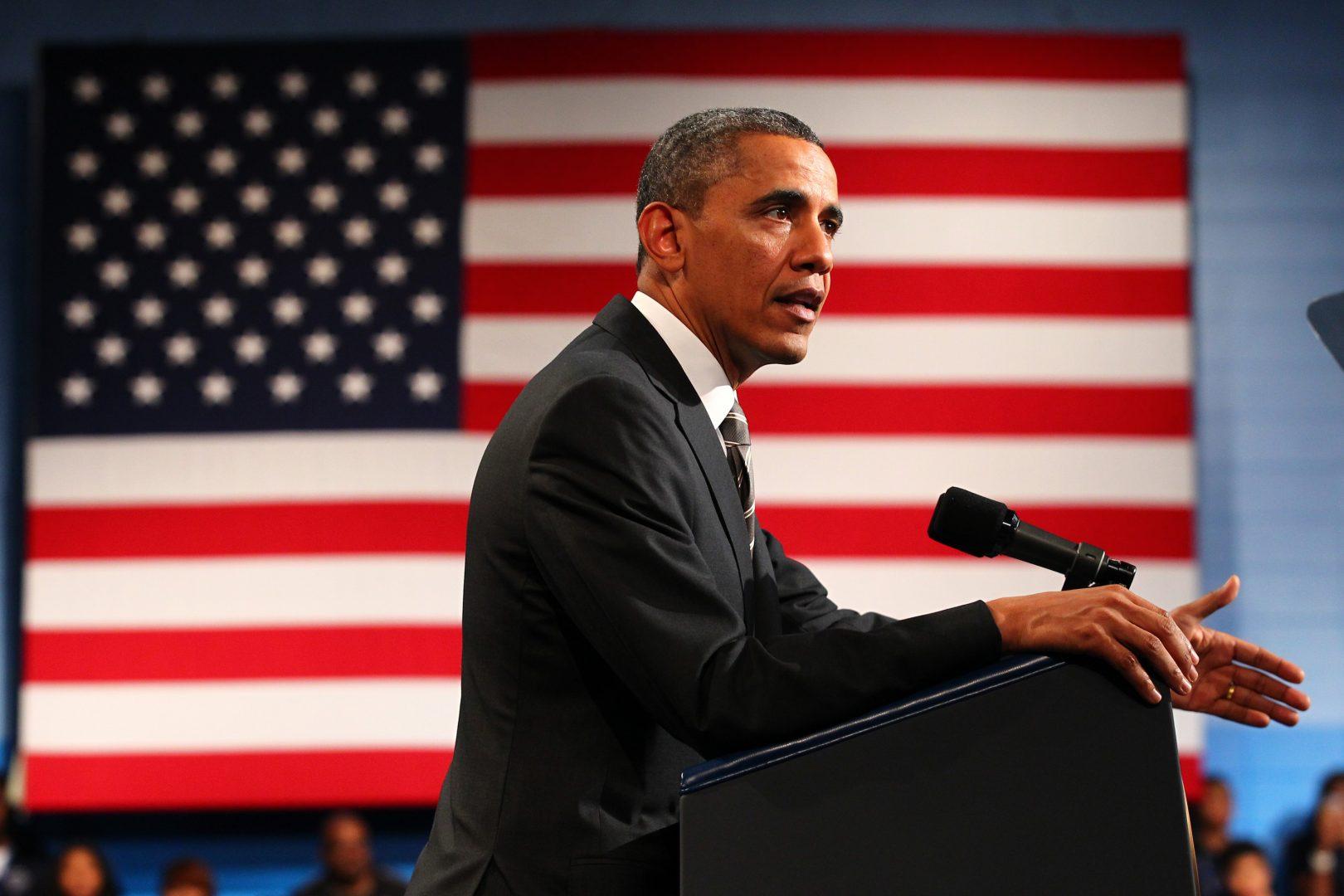With Enough Votes, You Too Can Do Insider Trading!
Members of Congress, despite conflicts of interest, are allowed to buy and sell stocks, profiting from their power
Members of Congress use their position to profit from stocks.
December 7, 2022
Imagine that you are putting together a massive economic package as a member of the U.S. House of Representatives. Out of all of the money, $17 billion of it is going to a loan fund aimed at helping companies “critical to national security” such as Boeing (who just happened to donate $3,000 to your campaign). Knowing where this money may go, you decide to purchase stock in Boeing. Now you know how bad that stock purchase looks (in fact, it is March 2020, and the stock market and economy are looking really grim for the average American), so let’s also imagine you decide not to disclose it (which, believe it or not, is illegal). If you happen to be Rep. Dan Crenshaw, a Texas Republican, you do not need to imagine it because that is exactly what you did.
Congress tried to curb obviously corrupt situations such as this one in 2012 with the Stop Trading on Congressional Knowledge (STOCK) Act. The law bans stock trading with the use of non-public knowledge and requires the disclosure of members’ stock trades. Although well-intentioned, the law has been essentially laughed off, with several members of Congress missing disclosure deadlines and making trades with companies explicitly related to their committee assignments.
There are many problems with members of Congress trading stocks. First, it is simply unfair. Members of Congress, due to either their committee assignments or the normal business of Congress, have knowledge of legislation that will impact businesses and industries — information that the general public will not know until much later.
Take, for example, the infrastructure bill passed by Congress earlier in the year. Members of the House Transportation Committee knew the specifics of the bill long before the public, therefore having knowledge of which sectors of the economy would benefit (if not the specific companies themselves) before the general public did. In July 2022, House Speaker Nancy Pelosi’s husband, Paul Pelosi, sold thousands of shares of American multinational technology company Nvidia. In August, the U.S. government limited the company’s ability to conduct foreign sales. Paul Pelosi’s advance sale saved him from huge financial losses.
There is also the clear issue of good old-fashioned corruption. If a member of Congress holds stock in a company, any reasonable person would assume that the investment would weigh on all related decisions they may make. Take Republican Rep. Tom Cole of Oklahoma, for instance. According to The New York Times, when he was the ranking member of the House Appropriations Committee’s labor, health, and education subcommittee in 2019, Cole bought over $1,000 worth of stock in Becton, Dickinson and Company, a medical technology company. The company later received a $24 million contract from the Department of Health and Human Services for COVID-19 testing. This obviously would have been of great financial benefit to the congressman, and he was likely influenced by the information he had as the second most powerful member of the subcommittee.
Members of Congress often claim they do not directly control their portfolios and have brokers that do it for them. This defense has some truth to it, as it is often unclear who is actually making the trades. What is clear, however, is the appearance of impropriety which calls into question members’ decision-making process and shakes confidence in the system as a whole. No matter who is doing the actual trading, members of Congress “conveniently” benefiting from their investments makes the American public lose faith in the government as a whole.
Some may also argue that restricting congressional stock trades will lead to only the very wealthy running for office, as more middle class members couldn’t afford to give up their stocks. However, the congressional salary is $174,000, compared to the median U.S. household income of $67,521. If elected, the high congressional salary ensures that members do not have to worry about having enough money to retire.
There are possible solutions on the horizon. Democratic Sen. Jon Ossoff of Georgia introduced the Ban Congressional Stock Trading Act in January 2022, which would require all members of Congress to divest from their stocks or place them into a blind trust. Any violator of this act would incur a fine equal to a month’s pay.
Even without the ability to buy or sell stocks while in office, owning stocks creates the incentive for members of Congress to make decisions in their own best interests over those of their constituents.
This would still allow members of Congress to invest in indexes and have retirement accounts. They would still have money to use after their time in office, but it would be more difficult to trade using non-public information or make decisions swayed by the opportunity to make more money.
While this is a good start, the bill is still not enough. Even without the ability to buy or sell stocks while in office, owning stocks creates the incentive for members of Congress to make decisions in their own best interests over those of their constituents. In order to eliminate this form of corruption, there must be a complete ban on members of Congress (and their spouses) owning individual stocks.















Kerry Morris • Dec 15, 2022 at 11:27 am
I was hoping to get information on Crenshaw’s trading and if it was corrupt. Except for the Pelosi trade mentioned, I was disappointed more was reported on specific true corruption. Mentioning a $1000 investment as an example only hurt the story